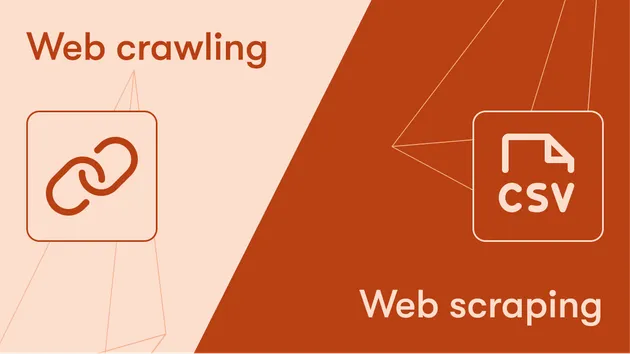Website Changes Detector
Pricing
Pay per usage
Website Changes Detector
Automatically track website changes (new, updated, or removed pages) using periodic re-crawling. Supports flexible crawling settings, a list of URLs or sections of websites, antiblocking, filtering by keywords, and more.
Pricing
Pay per usage
Rating
5.0
(1)
Developer

Tri⟁angle
Actor stats
5
Bookmarked
90
Total users
1
Monthly active users
a month ago
Last modified
Categories
Share


